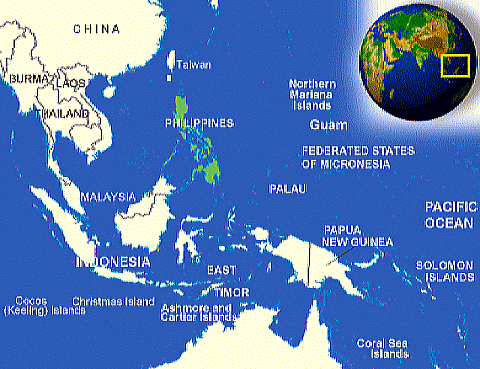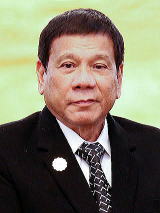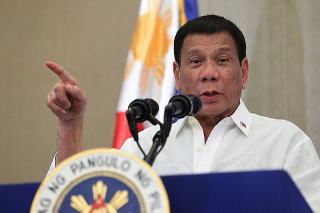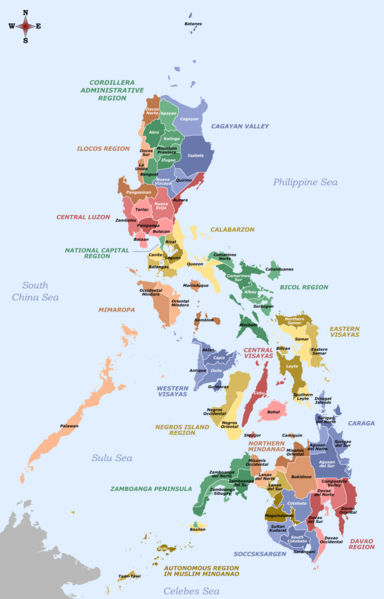|
|
|

(L)Rodrigo Duterte, the current President of the Philippines.(R) Philippines maps: source, Country Reports
The nationwide smoking ban took effect on July 23, 2017. Health Secretary Paulyn Ubial said
on July 17 that the ban would start even if the Implementing Rules and Regulations (IRR) -
the set guidelines to assure compliance with the executive order - are still being finalized.
"Unfortunately, there are a lot of vetting that had to be done with all the key stakeholders,
the other government agencies. So it's taking quite some time to issue the IRR" - she said.
Ubial said local government units will take the lead in implementing the nationwide smoking ban.
All local governments are required to create a task force that will oversee the ban's implementation.
She admitted it was a challenge for both private establishments and local governments to comply
with the executive order.
"There's a lot of work to be done by the local government, unit so it depends on how they move
forward in terms of the task force, in terms of the information education materials, and in terms
of having the private facilities also comply with designated smoking areas" she said.
The Health Secretary suggested creating outdoor smoking areas, instead of an indoor smoking area.
"The problem is it's very difficult to comply with the executive order, particularly if an establishment
put up an indoor designated smoking area. So we're advising to establish, hopefully just providing
outdoor smoking areas because it's easier to comply with that."
An indoor smoking area should have a "buffer zone"or another door to separate the smoking area
from the main space for customers. A separate ventilation system will also be required.
It should be like completely sealed from the rest of the indoor spaces. So there should be no leaks.
Violations
Under the executive order, individuals caught violating the smoking ban will face fines ranging
from P 500 to P 10,000 depending upon the number of offenses. Meanwhile, establishments violating
the same may be fined P 5,000 or imprisoned for not more than 30 days.
The purchase and sale of cigarettes and other tobacco products to and by minors and in certain
places frequented by minors are prohibited. Those who will violate the provisions on providing tobacco
products to minors may be fined P 5,000, face imprisonment of up to 30 days, or revocation of
business licenses and permits.
(L) Tinikling dancers
(R) Provinces and Regions of Philippines (Wikipedia)
Tobacco use significantly reduced.According to the 2015 World Health Organization (WHO) Global Adult Tobacco Survey, around
15.9 million Filipinos aged 15 years and above smoke tobacco, which causes an estimated six million
deaths a year because of tobacco-related diseases. The WHO said this was significantly less than
the 17.3 million smokers recorded in 2009, as a result of key policy changes in the years in between.Source:CNN Philippines, July 17, 2017. CNN Philippines' Ina Andolong, Lara Tan contributed to this report.
tCbsฎเSสึึNฎ
ทM@ใwm {{
This Web site is link-free.
This information was provided by the Smokefree Hotel and Travel.
The article was written in March 2008, by Junhaku Miyamoto, M.D., Ph.D.
Copyright (C) 2008 Junhaku Miyamoto, PhD. All right is reserved.
Overpopulation in Phiippines





